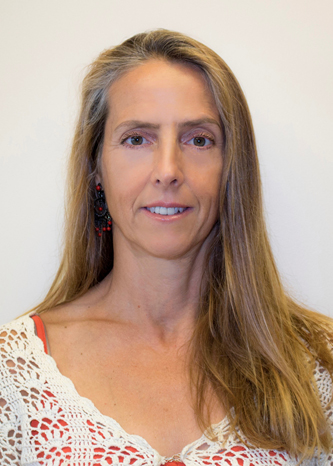Diane Ste-Marie est professeure à l'École des sciences de l’activité physique de l’Université d’Ottawa. Ses intérêts de recherche couvrent un certain nombre de domaines liés à l’acquisition et à l’application des aptitudes motrices. Elle a été présidente de la North American Society for the Psychology of Sport and Physical Activity et de la Société canadienne d'apprentissage psychomoteur et de psychologie du sport. Elle a fait office de rédactrice adjointe pour Frontiers in Psychology: Movement Science and Sport Psychology et a été membre du comité d’édition de Psychology of Sport and Exercise. Elle est actuellement rédactrice adjointe de la revue Journal of Motor Learning and Development.
La professeure Ste-Marie n'accepte actuellement pas de nouvelles demandes de direction de thèse.
